After more than 9 years of implementing Directive No. 40-CT/TW dated November 22, 20214 of the Central Party Secretariat on strengthening the Party's leadership over social policy credit, the spirit of the Directive has permeated from Party leaders at all levels, local authorities to each Party member in the village, creating new vitality for the cause of poverty reduction and sustainable economic development.
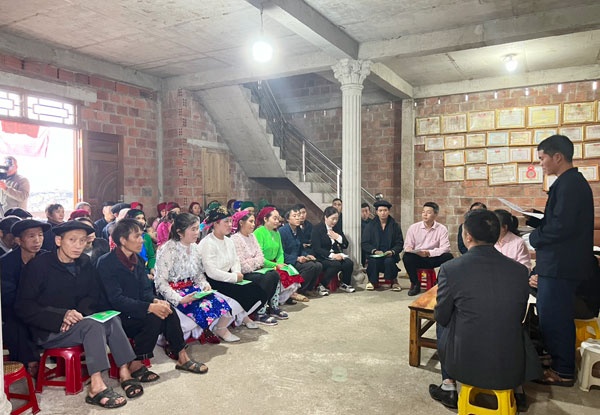 |
| Party member Vu Mi Cay - Head of the Savings and Loan Group of Ha Ia village organized a regular meeting, sharing experiences in production and livestock farming with the people. |
Coming to Ha Ia village of the rocky mountains of Ha Giang on the days before the Lunar New Year of Giap Thin 2024, the cold gray color of the rocks has faded away by the bright color of colorful peach blossoms planted on both sides of the stone fences along the hamlets and small green vegetable gardens.
The newly-concrete, wide roads, and newly-completed houses with smoke rising from their kitchens every morning and evening are vivid evidence that the quality of life of ethnic minorities is improving day by day. This achievement cannot be achieved without the contribution of policy capital and the hard work of the Party Committee and local authorities, especially the dedication, devotion, and wholeheartedness of grassroots Party members such as Vu Mi Cay - Head of the Savings and Loan Group in Ha Ia village, Can Chu Phin commune, Meo Vac district.
As a party member himself, from a relatively poor household, Vu Mi Cay understands more than anyone else the plight of the poor in the village when they have not had access to loan sources. Therefore, when taking on the role of Head of the Savings and Loan Group of Ha Ia village, party member Vu Mi Cay always thinks and worries about how to help himself and many other poor households improve their lives and escape poverty sustainably.
Vu Mi Cay said that on the first day of being the Group Leader in the new village, there was only one Savings and Loan Group with only 10 members participating. The members of the group mainly lived by farming, working for hire, and working for hire, so life was very difficult and arduous. Many households still relied on the State's subsidies without thinking and working hard to find a way to make a living; many households did not dare to borrow capital because they did not know how to use the capital effectively, could not pay the principal and interest to the State,... Therefore, propaganda work to help poor households understand the benefits that preferential capital brings is always focused on by Mi Cay.
Every month, he researches, learns, and shares with other groups in the village to organize group activities in a more orderly manner. Through the village meeting, he can monitor the group's general activities, the process of using loan capital of each member and give comments for group members to learn from experience, avoid using capital for the wrong purpose, ineffectively, with outstanding interest. The Management Board of the Savings and Loan Group is determined not to conduct loan evaluations for households working far away and without a production and business plan. After borrowing capital, the Management Board of the group does not leave the group members to find their own way but regularly follows up on the use of loan capital of the household, is close to, and encourages when the borrowing household encounters difficulties or risks in the process of using capital, promptly reports to superiors for solutions and assistance.
At the same time, encourage members to participate in training courses on planting and raising techniques, promote the application of science and technology in production organized by the district's functional departments so that members can choose suitable economic development models. Up to now, the Ha Ia village savings and loan group led by Vu Mi Cay has 32 members participating with outstanding loans of 1.5 billion VND. Although the poverty rate of the village is still up to 70% (accounting for 54% of households), the path out of poverty is not far when most of them are borrowing policy capital to develop farming and livestock, applying science and technology in production.
The story of party members accompanying the poor has been spreading across the country.
In Nam Tra My district (Quang Nam), the District Military Command and the District Social Policy Bank coordinated to deploy the model of skillful mass mobilization "Party members and cadres accompany the poor" from mid-2023 with the initial step of helping 5 households in village 1, Tra Van commune to complete procedures and register for loans to develop the economy and escape poverty sustainably.
Or in Bat Xat district (Lao Cai), since August 2020, Bat Xat District Party Committee has proposed a policy of assigning party members to help poor households escape poverty with addresses. Up to now, 499 party members in 54 agencies, armed forces units and People's Committees of communes and towns have assigned to help over 900 poor households in the locality, along with the integration of policy credit capital, the rate of poor households is decreasing, replaced by well-off households.
Also from Directive No. 40-CT/TW, local Party committees and authorities at all levels not only increase capital entrustment through the Vietnam Bank for Social Policies but also build separate credit programs entrusted through the Vietnam Bank for Social Policies to accelerate sustainable poverty reduction.
For example, Binh Dinh province issued a policy to support pig herd restoration in 2020 after the impact of African swine fever, supporting 1,484 households to restore 37,330 pigs with an amount of 150 billion VND; issued a policy to support loans for workers facing difficulties due to the Covid-19 pandemic in 2021 with an amount of 50 billion VND, helping 1,124 workers and households have capital to invest in production, change jobs, create jobs, increase income and stabilize their lives; support workers in Binh Dinh province to work abroad for a limited period under contracts from the local budget in addition to the subjects prescribed by the Central Government, a policy to support cattle herd restoration, a loan policy to create jobs for people with disabilities and a number of other specific policies and mechanisms...
The efforts of the entire political system and each Party member have been contributing to the achievements in implementing social policy credit. After more than 9 years of implementing Directive No. 40-CT/TW of the Party Central Committee Secretariat on strengthening the Party's leadership over social policy credit, provinces and cities across the country have prioritized and focused on allocating more than 40 trillion VND of local budgets to the VBSP system to add resources for poverty reduction and social security, of which the 2024 plan has reached over 5,000 billion VND, completing over 100% of the annual plan.
Typically, some branches of the Social Policy Bank have received high capital trust from localities since Directive No. 40-CT/TW was issued, such as: Hanoi City 6,773 billion VND, Ho Chi Minh City 6,256 billion VND, Binh Duong 1,862 billion VND, Da Nang City 1,851 billion VND, Ba Ria - Vung Tau 1,443 billion VND and Dong Nai 1,136 billion VND,...
Implementing the coordination program between the Standing Committee of the Central Committee of the Vietnam Fatherland Front and the Vietnam Bank for Social Policies, the Fatherland Front Committees of provinces and cities have deposited the "For the Poor" Fund account at the Vietnam Bank for Social Policies. By the end of 2023, the balance of the "For the Poor" Fund account of the Vietnam Fatherland Front deposited at the Vietnam Bank for Social Policies was 320 billion VND.
These figures have contributed to bringing the total policy credit capital of the whole country to over VND 346 trillion by December 31, 2023. This is the basis for the Social Policy Bank to lend to over 2.2 million poor households, near-poor households and other policy beneficiaries in 2023 with a total loan turnover of the whole system reaching VND 108,044 billion. By the end of 2023, the total outstanding policy credit balance will reach nearly VND 332 trillion, with 6.8 million borrowers.
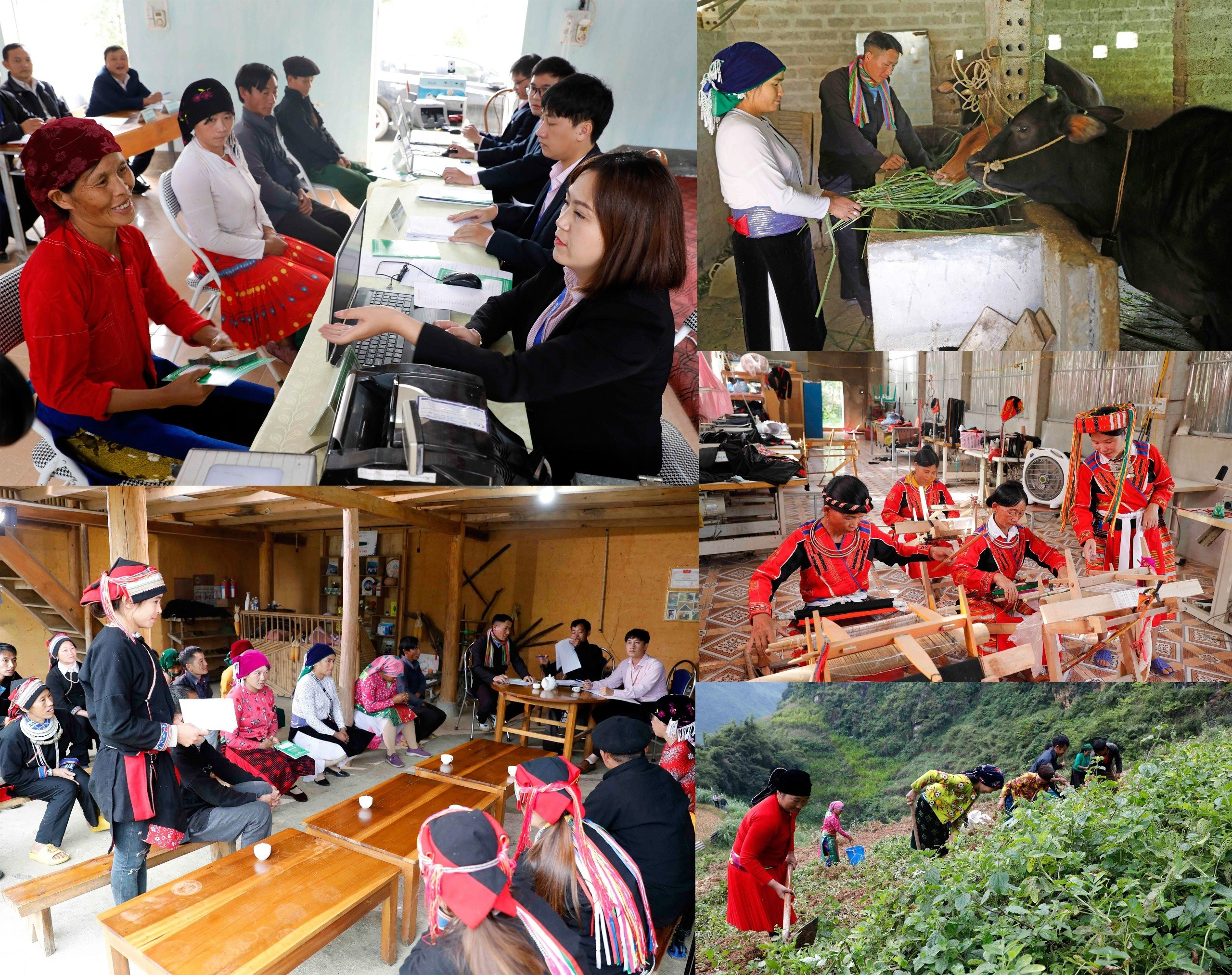 |
| Policy credit has been supporting investment in production and business, creating jobs for millions of poor households and ethnic minorities in remote areas across the country. |
Party Secretary, Board Member, General Director of the Vietnam Bank for Social Policies Duong Quyet Thang said that 2023 marks a year of outstanding efforts by the entire Vietnam Bank for Social Policies system from direction and operation to consulting on the implementation of policy credit at the grassroots level to complete the largest volume of work in the years since the establishment of the Vietnam Bank for Social Policies (2003) up to now.
Policy capital has been supporting investment in production and business, creating jobs for over 790,000 workers, including helping nearly 8,600 workers go to work abroad for a limited period and nearly 2,600 people who have just completed their prison sentences to find jobs; helping nearly 97,000 students in difficult circumstances borrow money to study; disbursing loans to over 4,000 households to buy computers and online learning equipment for students; building over 1,435,000 clean water and sanitation facilities in rural areas; built 1,383 houses for poor households to stabilize their lives, more than 15,000 social houses for low-income people... contributing to economic stability and development, ensuring social security, successfully implementing the task of preferential credit investment in national target programs for sustainable poverty reduction, building new rural areas and developing the economy and society in ethnic minority and mountainous areas.
This is also the premise for the VBSP to continue to achieve the goals assigned by the Government in 2024. And, further, to successfully implement the VBSP Development Strategy to 2030, focusing on ensuring that 100% of the poor and other policy beneficiaries with needs and conditions have access to financial products and services provided by the VBSP; becoming the main tool of the Party and Government in the sustainable poverty reduction and new rural construction, so that no one is left behind in the country's development process.
Source link


![[Photo] Hue: Inside the kitchen that donates thousands of meals a day to people in flooded areas](https://vphoto.vietnam.vn/thumb/1200x675/vietnam/resource/IMAGE/2025/10/29/1761738508516_bepcomhue-jpg.webp)
![[Photo] Prime Minister Pham Minh Chinh chaired a meeting to evaluate the operation of the two-level local government model.](https://vphoto.vietnam.vn/thumb/1200x675/vietnam/resource/IMAGE/2025/10/29/1761751710674_dsc-7999-jpg.webp)

![[Photo] Human love in the flood in Hue](https://vphoto.vietnam.vn/thumb/1200x675/vietnam/resource/IMAGE/2025/10/29/1761740905727_4125427122470875256-2-jpg.webp)
![[Photo] Prime Minister Pham Minh Chinh chaired a meeting to discuss solutions to overcome the consequences of floods in the central provinces.](https://vphoto.vietnam.vn/thumb/1200x675/vietnam/resource/IMAGE/2025/10/29/1761716305524_dsc-7735-jpg.webp)

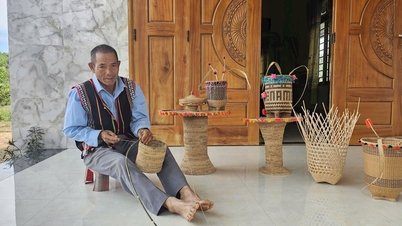

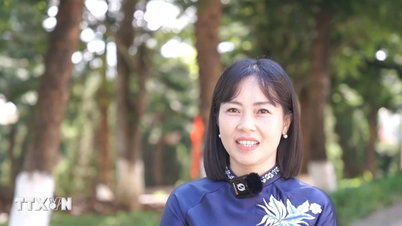

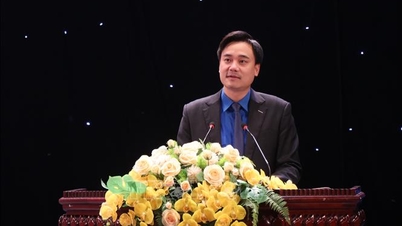

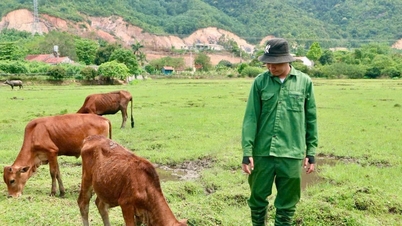

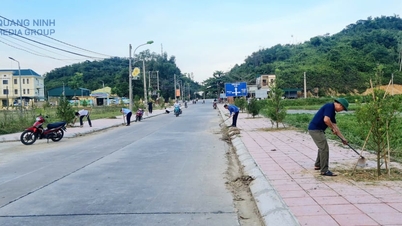

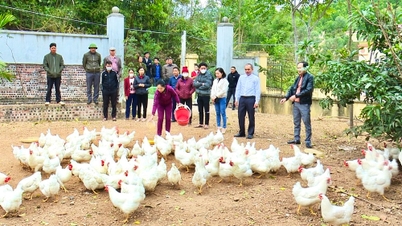

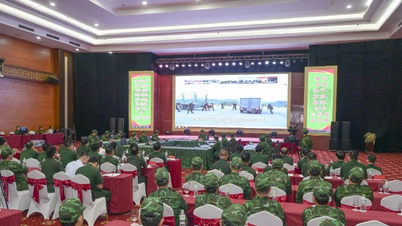
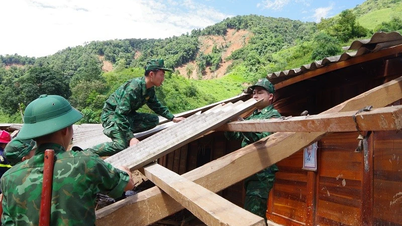
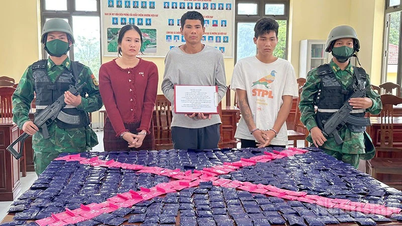
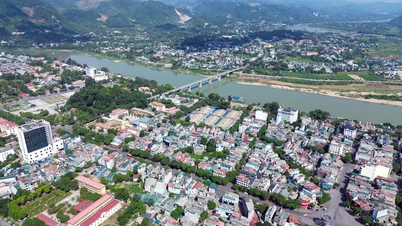
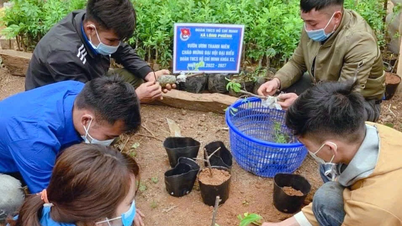

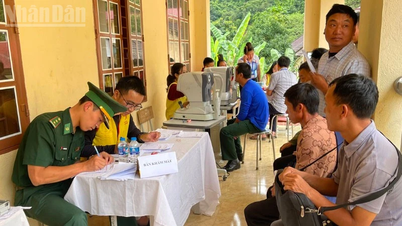













































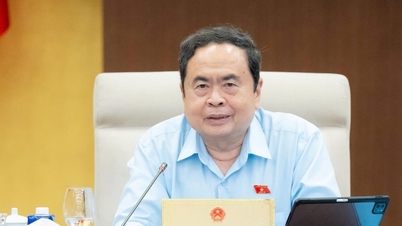
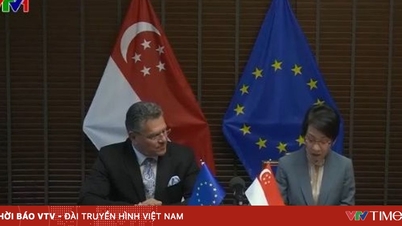
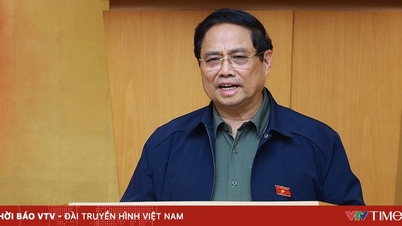
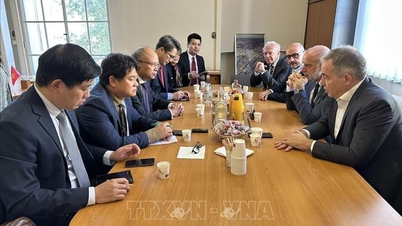
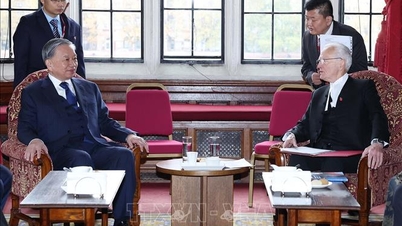
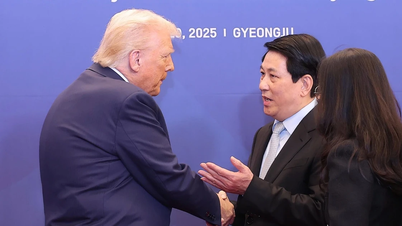


![[Live] Concert Ha Long 2025: "Heritage Spirit - Brightening the Future"](https://vphoto.vietnam.vn/thumb/402x226/vietnam/resource/IMAGE/2025/10/29/1761743605124_g-anh-sang-am-thanh-hoanh-trang-cua-chuong-trinh-mang-den-trai-nghiem-dang-nho-cho-du-khach-22450328-17617424836781829598445-93-0-733-1024-crop-1761742492749383512980.jpeg)



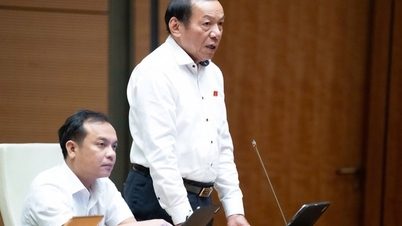
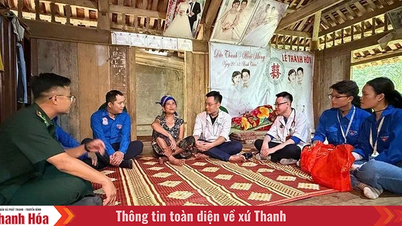

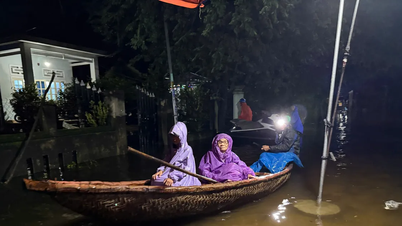





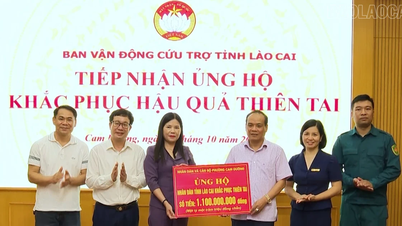

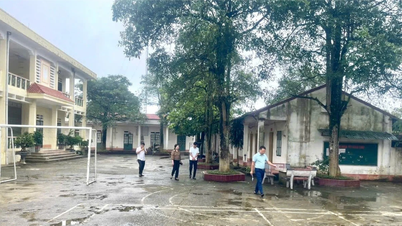











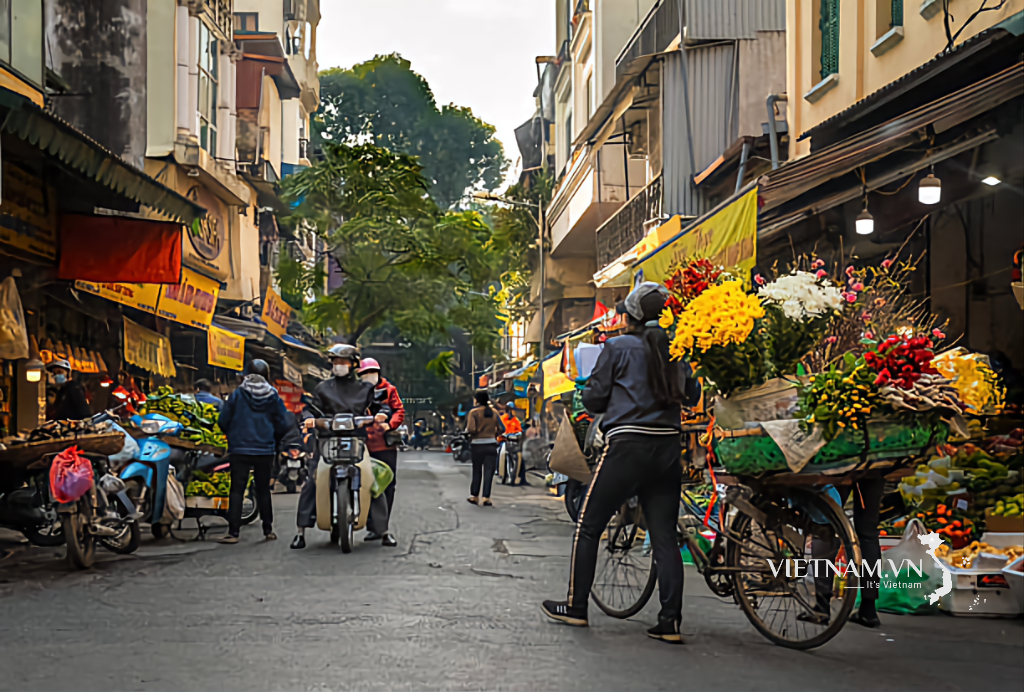

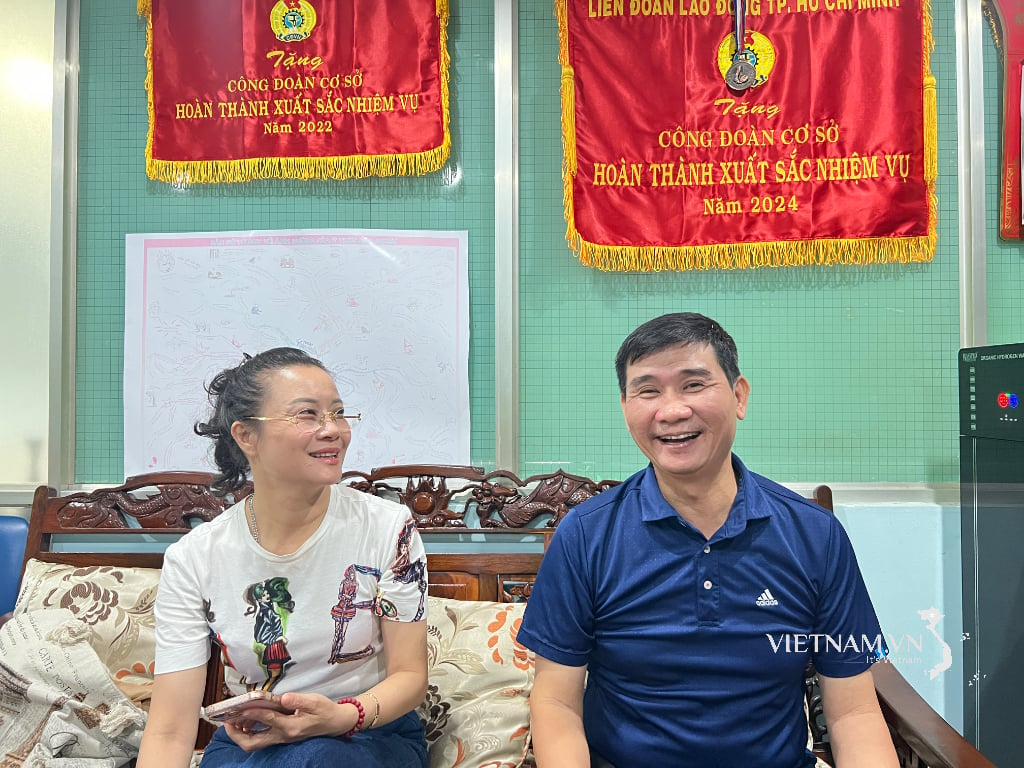

Comment (0)